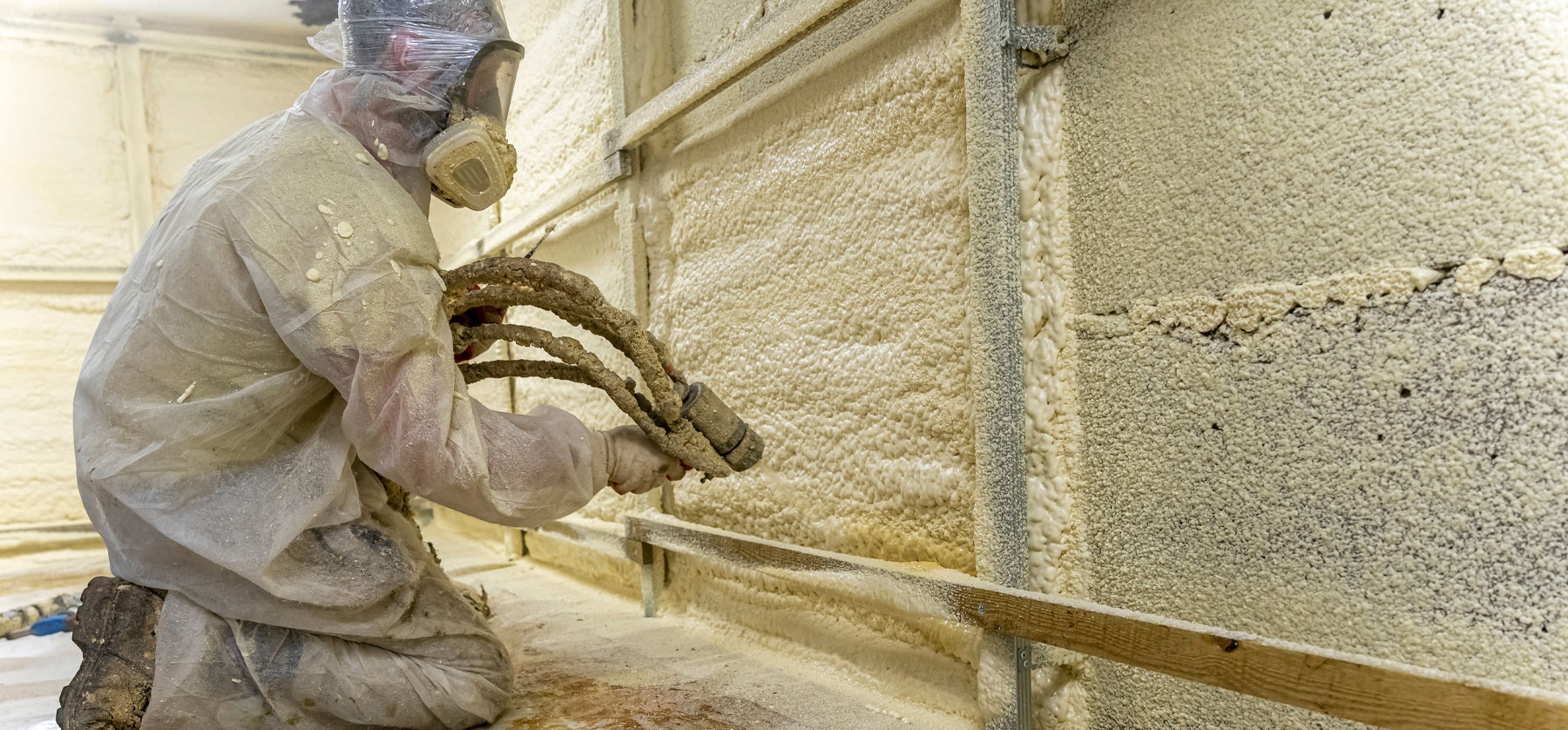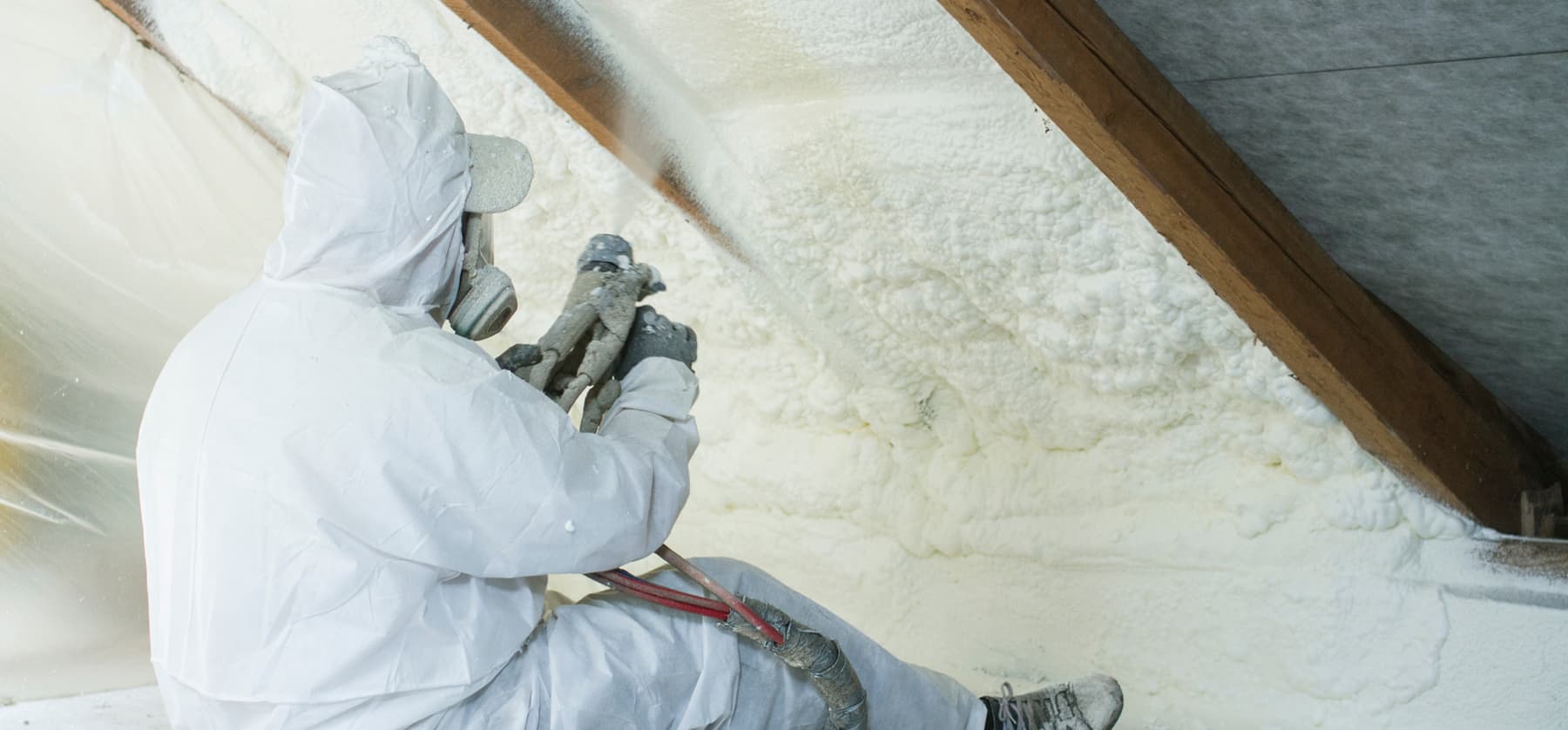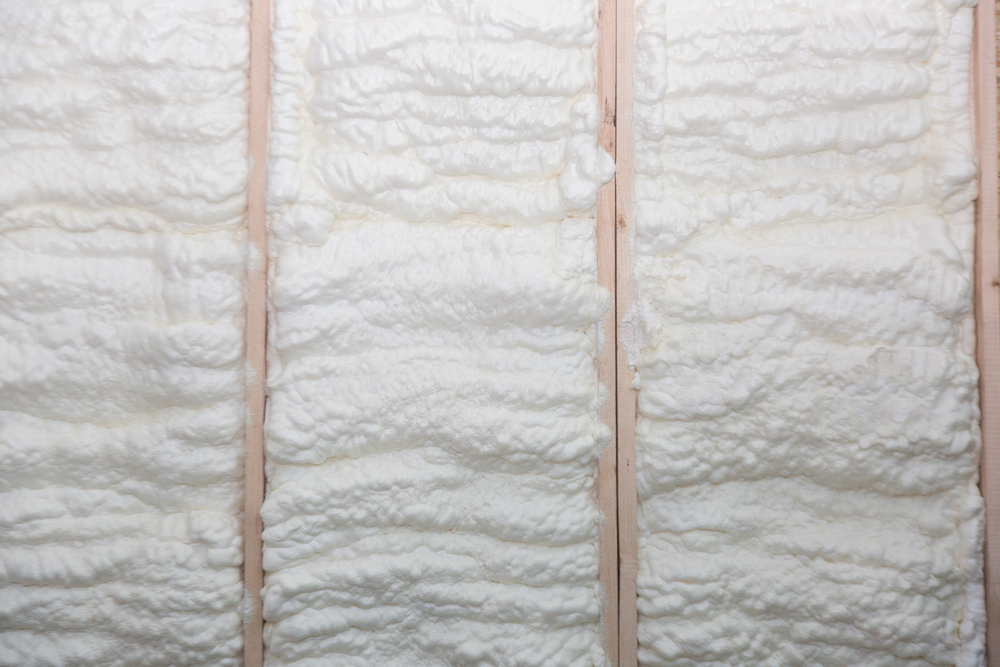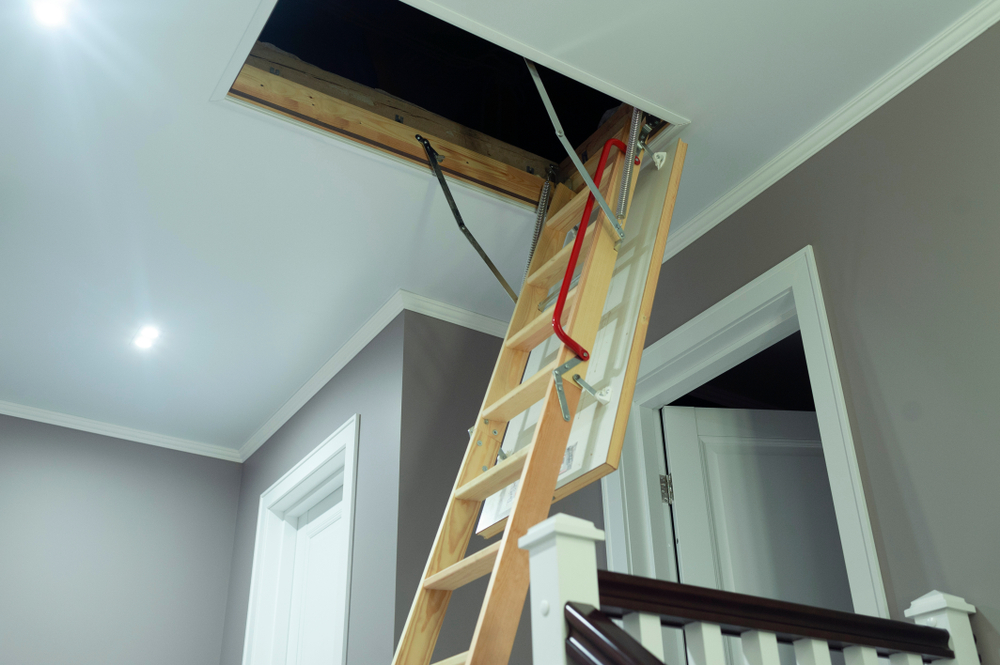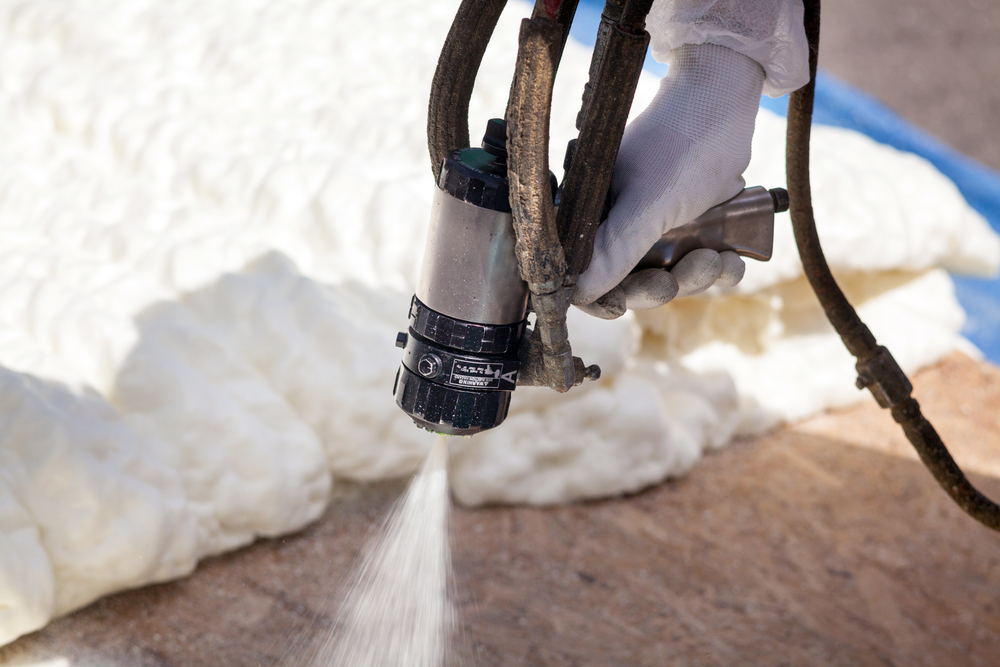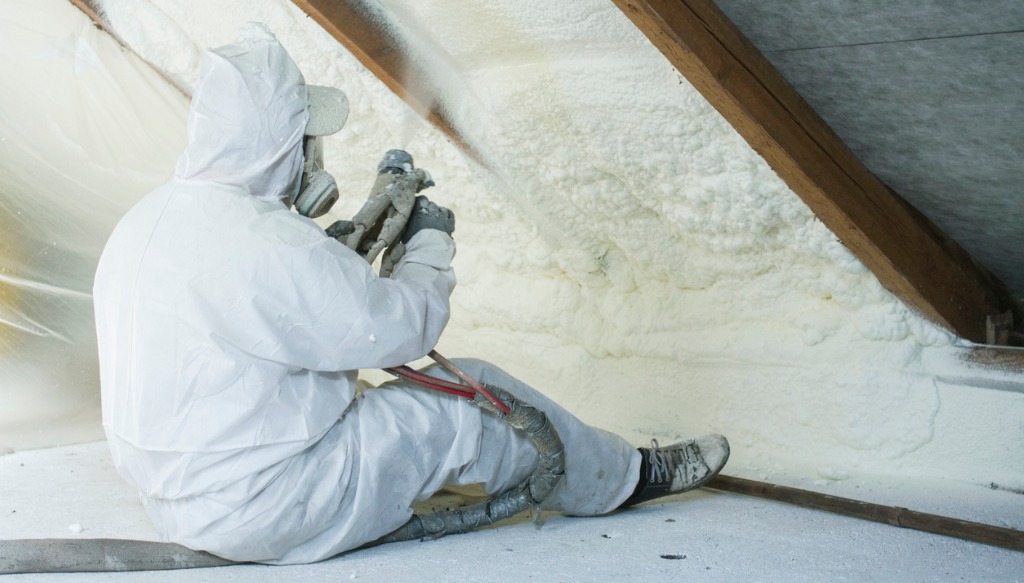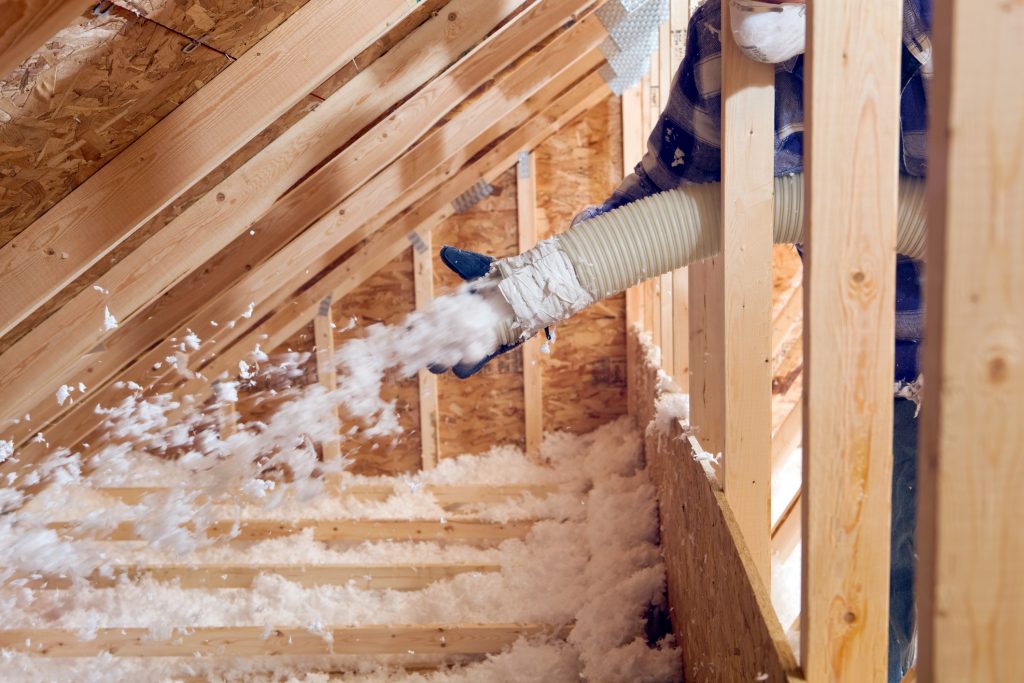Metropolitan Insulation are nationwide specialists in spray foam, thermal insulation and sound reduction services for both the domestic, commercial and industrial markets. Metropolitan Insulation offer:
- Free Expert Advice.
- Supply and Fit Solutions.
- Full Project Management.
- High Performance Applications.
- Green / Eco Friendly.
- No Fuss.
- Guaranteed Work.
- 30+ Years Experience.
Free expert advice and surveys, within 24 hours of enquiry – the Metropolitan Insulation way.
If you’re looking for help wth your home or business premises, then call Metropolitan Insulation today. Covering the whole of the UK with offices in London, Scotland, Wales and Cheshire, our team are always available to help with any issue you may be dealing with.
Whether you’re struggling to deal with noise from your neighbours, your property has damp in certain areas or if you’re simply looking to warm up your home – Metropolitan Insulation can help.
We’re experts in our field with over 30 years’ experience in the soundproofing industry. Our team offers complete coverage across the whole of the UK and we serve the commercial, domestic and industrial market. Metropolitan Insulation is the right choice for you.
Metropolitan Insulation – Providing Industry Leading Services For You And Your Property
Our services can help with many different problems you may find in your home or commercial property. See below for a summary of services offered by Metropolitan Insulation.
- Loft Insulation
- Spray Foam
- Soundproofing Solutions
- Soundproofing
- Domestic Services
- Commercial Services
- Industrial Solutions
- Agricultural Solutions
- Asbestos Encapsulation
- Loft Conversions
- New Build Solutions
- Marine Services
We would love to hear from you, so please get in touch and a member of our experienced team will help you with your enquiry.
Any call or email that comes into us, it’s dealt with by our experienced team. A brief discussion will be had and after we take some contact details and a job spec, your enquiry will be passed through to our surveying team.
A member of our surveying team will get in touch to discuss the job in more detail leading to booking a survey with you. All that’s left then is for Metropolitan Insulation to improve your property. It’s a simple as that.
Use the contact details below to get in touch with us or click the link to contact us via our online enquiry form. We look forward to hearing from you.
Telephone: 0800 028 4042
Email: enquiries@metropolitaninsulation.co.uk

